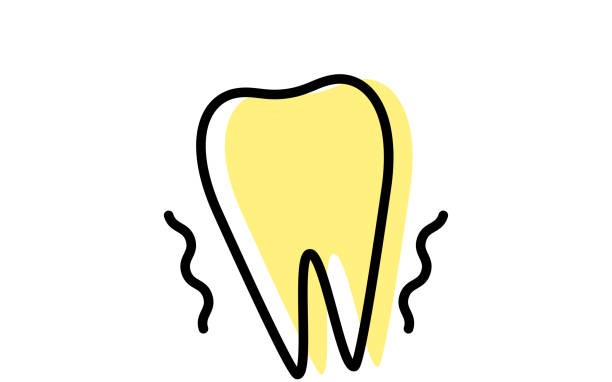
Understanding Wobbly Teeth
March 28, 2024
Are you experiencing the unsettling sensation of a wobbly tooth? If so, you're not alone.
Wobbly or loose teeth can be a concerning issue for many individuals in the Dorset and
Hampshire area. However, understanding the causes behind this common dental problem
can help you find the right solution. That's where Smile Circle comes in, connecting patients
with the best dentists in the region who can address wobbly teeth with expertise and care.
What causes wobbly teeth? Several factors can contribute to this issue
Gum Disease: One of the leading causes of loose teeth is gum disease, also known as
periodontal disease. When plaque and tartar build-up along the gumline, it can lead to
inflammation and infection, eventually causing the gums to pull away from the teeth. As a
result, the teeth may become loose and wobbly.
1. Trauma or Injury: Accidents or injuries to the mouth can also cause teeth to become
loose. The force of impact can damage the ligaments and tissues supporting the
tooth, leading to mobility and instability.
2. Poor Oral Hygiene: Inadequate brushing and flossing can contribute to the
development of gum disease and tooth decay, both of which can lead to loose teeth.
Without proper oral hygiene, bacteria can thrive, causing damage to the teeth and
gums over time.
3. Bone Loss: In some cases, bone loss in the jaw due to conditions like osteoporosis
or advanced gum disease can result in loose teeth. Without sufficient bone support,
the teeth may become wobbly and eventually fall out.
If you're experiencing a wobbly tooth, it's essential to seek professional dental care as soon
as possible. Ignoring the problem could lead to further complications and even tooth loss.
Smile Circle recommends visiting one of our recommended dentists in Dorset or Hampshire
to address wobbly teeth with expert care and personalised treatment plans.

Depending on the underlying cause of your wobbly tooth, your dentist may
recommend various treatment options, including
1. Gum Disease Treatment: If gum disease is the culprit, your dentist will focus on
treating the infection and restoring the health of your gums through deep cleaning,
scaling, and root planing.
2. Splinting: For severely wobbly teeth, your dentist may recommend splinting, a
procedure that involves attaching the loose tooth to adjacent teeth for added stability.
3. Trauma Management: If your wobbly tooth is the result of trauma or injury, your
dentist will assess the damage and may recommend procedures such as root canal
therapy or tooth extraction, depending on the severity of the injury.
Don't ignore the signs of a wobbly tooth. With the help of Smile Circle's recommended
dentists in Dorset and Hampshire, you can address the issue promptly and effectively,
restoring stability and health to your smile.
To find out more information about our recommended dentists please click here:
https://smilecircle.com/dentists

 Head Office - UK - Unit 1 B 132 Weyhill Road, Andover, Hampshire England, SP10 2PR.
Head Office - UK - Unit 1 B 132 Weyhill Road, Andover, Hampshire England, SP10 2PR. 








